China’s rising influence ‘defining issue’ in transatlantic ties: NATO chief
NATO Secretary-General Jens Stoltenberg has described as a “defining issue” what he calls the rise of China, urging Western allies and close partners to forge stronger ties and uphold the international rules-based order that he claims Russia and China are challenging.
Speaking at the Munich Security Conference on Friday, Stoltenberg said the growing power of China was reshaping the priorities of the US-led military alliance and diverting focus from what he claimed as Russia’s threat to consensus among Western nations that Beijing was no longer a benign trading partner.
“China and Russia are trying to re-write the rules of the road to benefit their own interests,” Stoltenberg claimed in his address to the online conference in southern Germany from Brussels via video link.
“The rise of China is a defining issue for the transatlantic community, with potential consequences for our security, our prosperity and our way of life,” he added.
Stoltenberg underlined that the 30-member alliance could also forge closer ties with non-NATO countries such as Australia and Japan to counter China’s alleged rising power.
The NATO chief told the virtual summit on Wednesday that the military alliance needed to update its decade-old strategic concept to take into account what he called Russia’s aggressive attitude and the rise of China.
Stoltenberg said NATO’s 2010 Strategic Concept required an update because it did not match the new “security environment” in the world.
He accused Russia of adopting an “aggressive” attitude toward its neighbors, and said the current strategic concept of NATO had failed to address what he called the shifting balance of power and the security consequences of “the rise of China.”
Relations between Moscow and the rest of Europe have particularly deteriorated since 2014, when the Black Sea peninsula of Crimea voted in a referendum to fall under Russian sovereignty. The West branded the reunification as the forced annexation of Ukrainian land by Russia.
Moreover, the US and China are currently at loggerheads over a host of issues, including trade, a new security law introduced in Hong Kong, the origins and handling of the COVID-19 disease, Taiwan, and the disputed South China Sea.
US vetoing of Gaza ceasefire resolution ‘disgraceful’: Iran’s UN envoy
VIDEO | IAEA adopts anti-Iran resolution tabled by E3
VIDEO | Iran's president urges Pope to help end Israel's onslaught in Gaza
Iran's senior legal official: ICC arrest warrant for Netanyahu ‘great victory'
Nov. 21: ‘Axis of Resistance’ operations against Israeli occupation
VIDEO | Israeli forces storm West Bank’s Jenin again, target civilians
Iran activates advanced centrifuges after IAEA's 'unjust' resolution
VIDEO | Press TV's news headlines



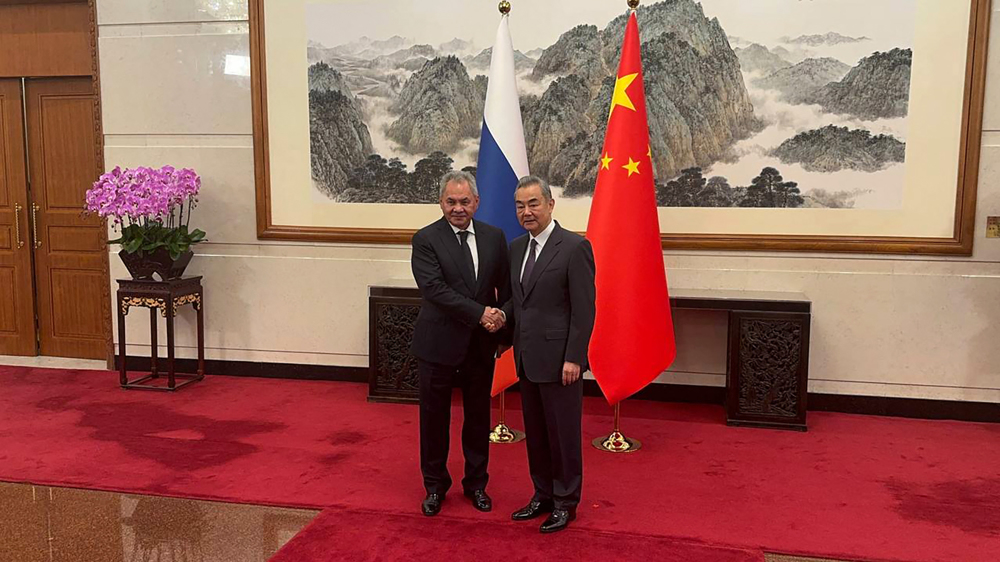
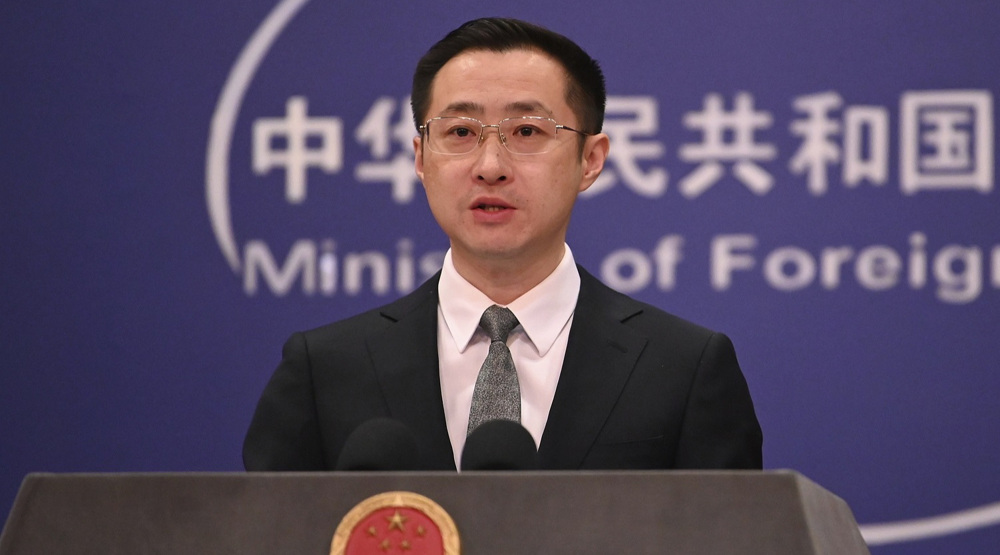
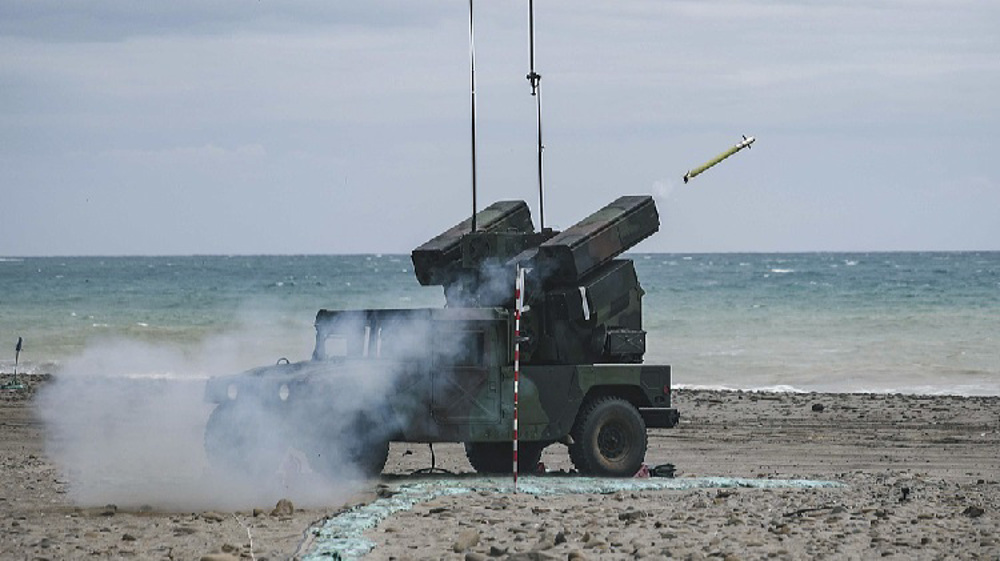





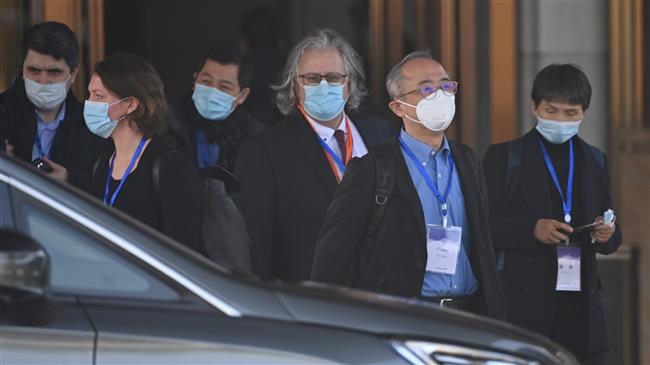
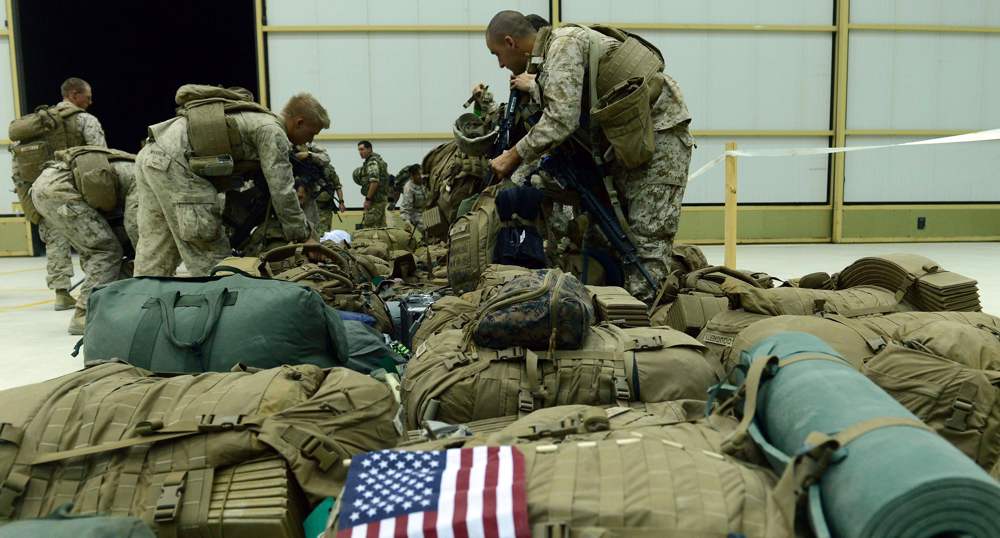



 This makes it easy to access the Press TV website
This makes it easy to access the Press TV website